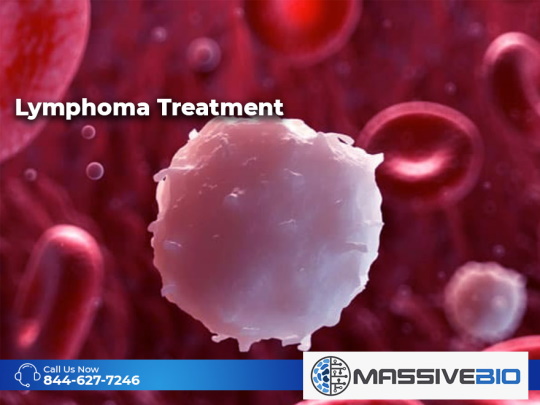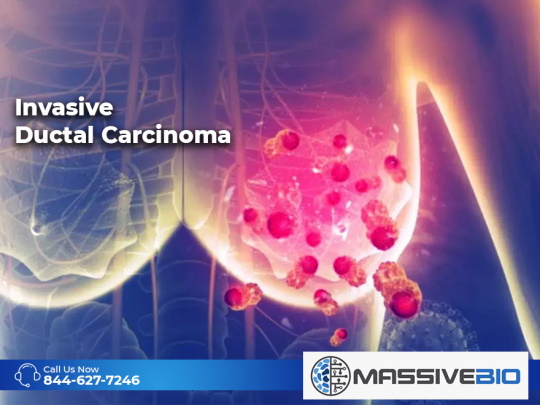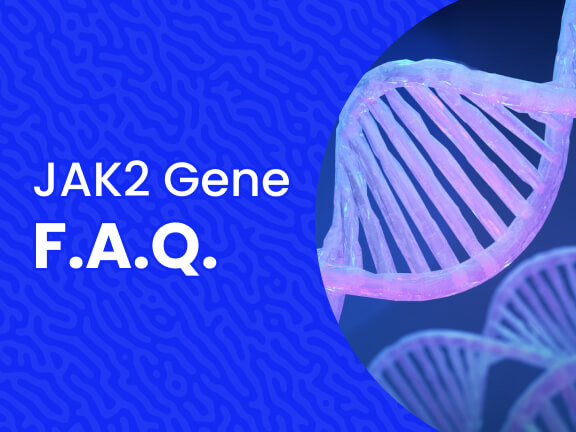Lymphoma Treatment varies depending on the type of lymphoma, the stage of the disease, and whether it is a new diagnosis or a recurrence. Other comorbidities, such as diabetes or kidney disease, are factors that influence the treatment plan decision as well.
Aside from chemotherapy and radiotherapy, immunotherapy is an alternate treatment method that can be considered for patients with lymphoma. With immunotherapy, antibodies are produced in a laboratory and injected into the body intravenously to determine the location of cancerous cells and help prevent their development.
How Is Lymph Cancer Diagnosed?
- Physical exam: Doctors examine the body to look for signs of enlarged lymph nodes.
- Imaging tests: Imaging tests can be used to look for signs of lymphoma in other areas of the body. These tests may include CT scan, MRI, and positron emission tomography (PET).
- Removing a lymph node for examination: A lymph node biopsy procedure to remove all or part of a lymph node for laboratory examination. Advanced tests can determine whether lymphoma cells are present and which cell types are involved.
- Blood tests: Blood tests that determine the number of cells in a blood sample offer insight about the diagnosis.
- Taking a bone marrow sample for examination: The bone marrow biopsy and aspiration procedure involves inserting a needle into your hipbone to obtain a bone marrow sample. This sample is analyzed to look for the presence of lymphoma cells.
Follicular lymphoma clinical trials
Lymphoma Treatment Options
Factors affecting the treatment decision are based on the type of lymphoma, the stage of the disease, the rate of growth and spread, the age of the patient, and other health problems. Chemotherapy is the mainstay for the treatment of lymphoma. Targeted drugs are also used for tumors that can be detected under a microscope.
Surgery is not used for most lymphoma cases unless organs outside the lymphatic system are affected. If the patient does not respond to the initial chemotherapy treatment, increasing the chemotherapy dose attempts to break this resistance and autologous peripheral stem-cell transplantation can be applied. A bone marrow transplant is a procedure developed to repair the damage caused by high-dose chemotherapy to the bone marrow.
The treatment practices that are described are for general information purposes only. Cancer patients may show very different disease symptoms. For this reason, treatment options varies for each patient. Specialists in the field work with the patient to help make the right treatment decision.
Deciding to Join a Clinical Trial
In order to achieve scientific advances, specialists create research studies called clinical experiments, with the participation of volunteers. Many drugs and methods currently used in standard cancer treatments have been approved and accepted with the success of such clinical studies. People participating in clinical trials may be the first to receive treatment before it becomes commercially available.
For some people, clinical trials may be the best treatment option available. Because standard treatments may not always produce positive results, people consent to ongoing research studies in hopes of better results.
Massive Bio’s SYNERGY-AI Database
Massive Bio helps patients pre-screen for clinical trials and find treatment options. This simplifies the trial registration process and reduces clinical staff time. The SYNERGY-AI database combines artificial intelligence, genomic biomarkers, and multivariate analysis to accelerate clinical trial matching and promote access to promising cancer treatments.












